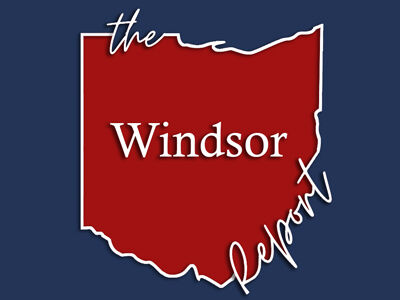Another challenge to Trump's tariffs comes from his own party
National News

Audio By Carbonatix
12:59 PM on Wednesday, September 17
Brett Rowland
(The Center Square) – President Donald Trump has always had detractors, but some are setting their sights on his tariffs, which he has used as a blunt instrument to reorder global trade for American advantage.
That means Trump faces challenges from both inside and outside his party on the centerpiece of his economic agenda: The highest slate of tariffs in nearly a century.
U.S. Rep. Tom McClintock, R-Calif, joined with fellow GOP Reps. Don Bacon, R-Neb.; Jay Obernolte, R-Calif.; Kevin Kiley, R-Calif.; Thomas Massie, R-Ky., and Victoria Spartz, R-Ind.; to join with all Democrats on Tuesday in initially voting against a rule change that would have thwarted plans for the week.
McClintock later explained his vote: "Under the Constitution, the power to impose tariffs is a congressional power and needs to be restored to Congress."
He said he later switched course after getting two key concessions from U.S. House Speaker Mike Johnson.
"I ultimately voted yes only after the Speaker agreed: 1) To modify the extension to January 31 in a rule to be brought to the floor this week and 2) to immediately convene a working group within the Republican conference to address the tariff issue, including possible measures to modify existing policy and clarify Congress's role in setting that policy," McClintock said.
Bacon has fighting against Trump's tariffs since April, when he and bipartisan group of lawmakers filed legislation to make sure Congress has a voice on tariffs.
"The Constitution clearly gives the authority for taxes and tariffs to Congress, but for too long, we have handed that authority to the executive branch," Bacon said at the time.
Trump has thin majorities in both the House and Senate, which could change as states seek to squeeze every partisan advantage for their party with mid-decade redistricting ahead of the 2026 midterm elections.
New tariffs raised $80.3 billion in revenue between January 2025 and July 2025 before accounting for income and payroll tax offsets, according to an analysis of federal data from the Penn Wharton Budget Model.
The Congressional Budget Office estimated that President Donald Trump's tariffs could bring in $4 trillion over the next decade, but will raise consumer prices and reduce the purchasing power of U.S. families.







